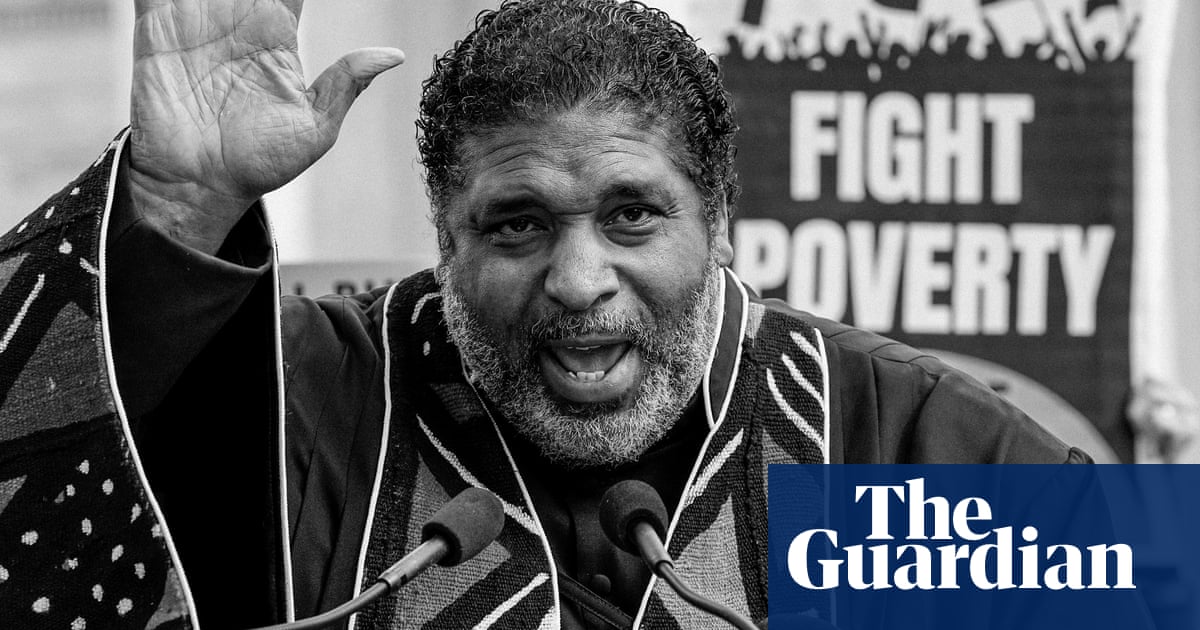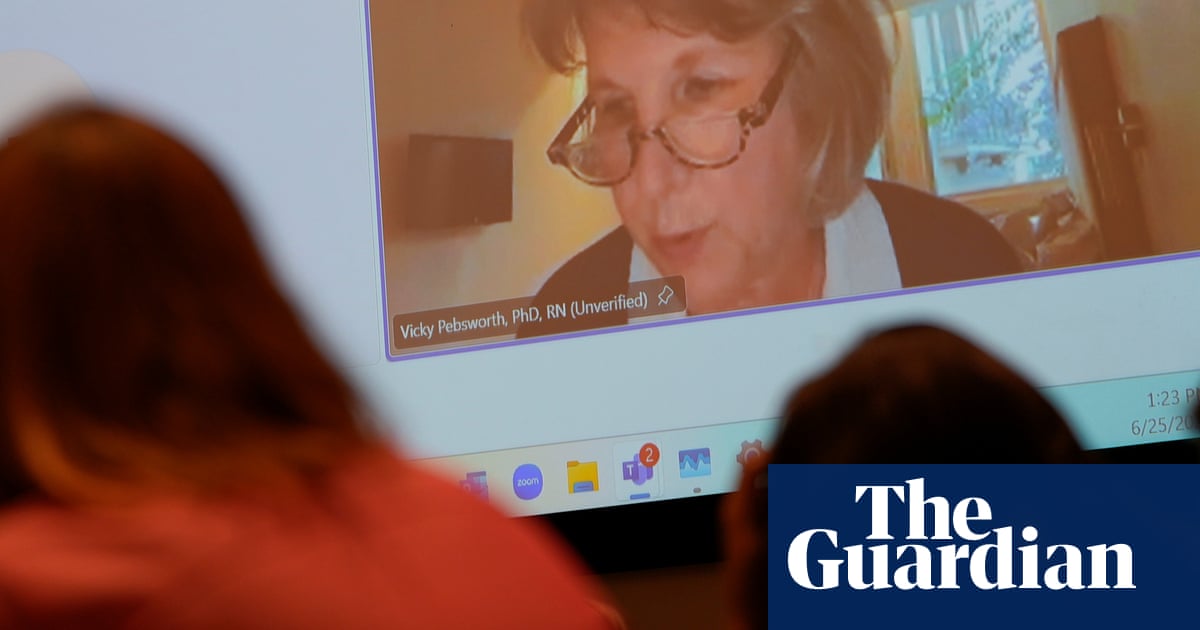It is time to unfurl the “Mission Accomplished” banner at the Federal Communications Commission (FCC). Paramount Global, the parent of CBS Television, has agreed to pay $16m to settle a lawsuit brought by Donald Trump over the editing of a 60 Minutes interview with Kamala Harris. Presumably, the FCC can now cease its slow-walking of the Paramount-Skydance Media merger.
Just two days after the president took office, the agency’s new chair, Brendan Carr, inserted the FCC into the issues in the Trump lawsuit that alleged “news distortion”. As the New York Post headlined: “Trump’s FCC pick Brendan Carr says ‘60 Minutes’ editing scandal could affect Paramount-Skydance merger review.”
That lawsuit was filed in the final week of the 2024 presidential campaign under the Texas Deceptive Trade Practices Act, a statute historically used against false advertising. The case was filed in a single-judge federal district court that one legal publication characterized as “a favored jurisdiction for conservative legal causes and plaintiffs”. CBS characterized the case as “without merit”.
The 60 Minutes broadcast aired in October; the day before, a different excerpt had appeared on Face the Nation. Soon after, the Center for American Rights – a group that describes itself as “a public interest law firm dedicated to protecting Americans’ most fundamental constitutional rights” – filed a complaint at the FCC alleging CBS had engaged in “significant and substantial news alteration”. The complaint was dismissed as seeking “to weaponize the licensing authority of the FCC in a way that is fundamentally at odds with the First Amendment”. Immediately upon becoming the FCC chair, Carr reversed that decision and ordered a formal proceeding on the matter (but let stand the dismissal of a complaint against a local Fox station over its 2020 election coverage).
The election of Trump and the installation of a Trump-appointed FCC chair transformed the Paramount/CBS merger from a review of the public interest merits of the transfer of broadcast licenses into a broader question that included the 60 Minutes editing. Carr told an interviewer: “I’m pretty confident that the news distortion complaint over the 60 Minutes transcript is something that is likely to arise in the context of the FCC review of that transaction.”
The formal paperwork for FCC approval of the license transfers was submitted 10 months ago, on 6 September 2024. Now that the lawsuit has been settled, it will be interesting to see how quickly the FCC acts.
The CBS case is just one example of the tactical leverage the Trump FCC regularly exerts over those it regulates. Carr, who wrote the FCC chapter in the “Project 2025” Maga blueprint, has not been shy about using this authority to achieve such political goals.
Even before formally assuming the FCC chair position, Carr began exercising chair-like authority to advance the Maga agenda. This began with a letter to the CEOs of Alphabet (Google and YouTube), Meta (Facebook and Instagram), Microsoft and Apple alleging: “you participated in a censorship cartel … [that is] an affront to Americans’ constitutional freedoms and must be completely dismantled.” Going beyond traditional FCC authority, he threatened: “As you know, Big Tech’s prized liability shield, Section 230, is codified in the Communications Act, which the FCC administers.” Carr suggested he might investigate whether those editorial decisions were made in good faith.
Recently, Carr conditioned the approval of Verizon’s acquisition of Frontier Communications on Verizon agreeing to drop its corporate diversity, equity and inclusion (DEI) policies. Continuing his anti-diversity efforts, he launched an investigation into Comcast Corporation because it promotes DEI as “a core value of our business”.
In his pre-FCC chair days, Carr championed press freedom. In a 2021 statement, he wrote: “A newsroom’s decision about what stories to cover and how to frame them should be beyond the reach of any government official.” Once he became Trump’s FCC chair, however, he not only picked up on the 60 Minutes matter, but also launched an investigation into the public broadcasters NPR and PBS “regarding the airing of … programming across your broadcast member stations”.
The FCC’s regulatory authority directly covers about one-sixth of the American economy while also affecting the other five-sixths that rely on the nation’s communications networks. What was once an independent, policy-based agency has been transformed into a performance-based agency, using any leverage it can discover or invent to further the Trump Maga message.
-
Tom Wheeler was the chair of the Federal Communications Commission from 2013 to 2017

 German (DE)
German (DE)  English (US)
English (US)  Spanish (ES)
Spanish (ES)  French (FR)
French (FR)  Hindi (IN)
Hindi (IN)  Italian (IT)
Italian (IT)  Russian (RU)
Russian (RU)  5 hours ago
5 hours ago
























Comments